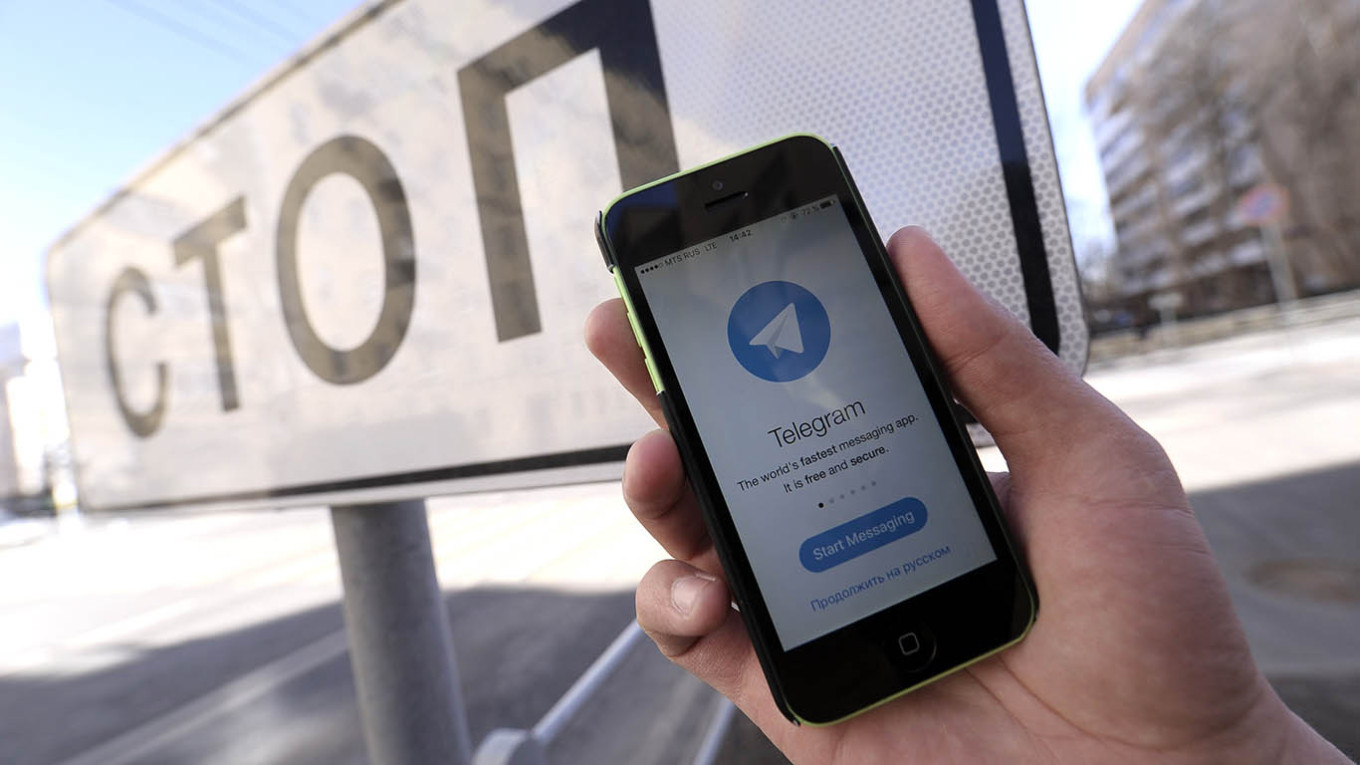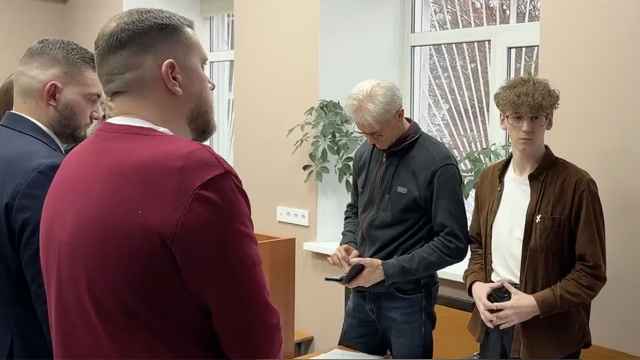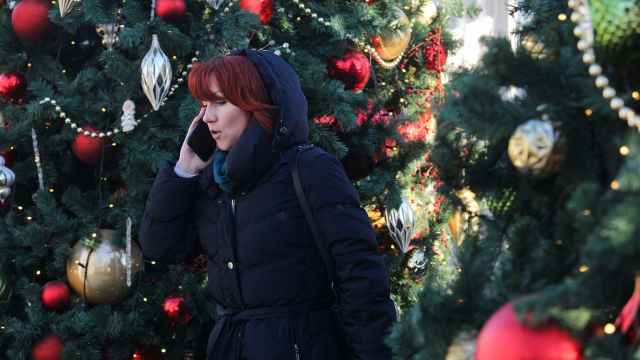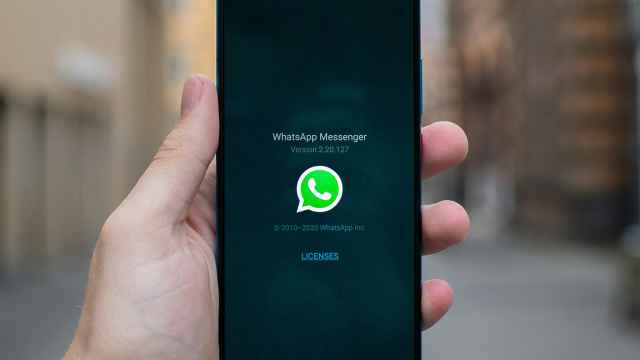Access to the popular messaging apps Telegram and WhatsApp has been restricted in about 40% of Russia’s regions, the independent monitoring project Na Svyazi said Wednesday.
“Complaints about unstable performance of the messengers are increasing across Russia. Thirty-four regions have already reported losing the ability not only to make calls, but also to exchange messages,” Na Svyazi said Wednesday.
State communications watchdog Roskomnadzor had already been restricting voice and video calls on the two apps since August, a move both companies criticized.
But on Wednesday, Roskomnadzor said it was limiting access to WhatsApp and Telegram due to “criminal activity,” accusing both platforms of being used for “fraud and extortion” as well as for recruiting Russians into “sabotage and terrorist activities.”
It then accused the companies of refusing to cooperate with Russian authorities in combating these crimes.
Russia has 84 federal regions excluding annexed Crimea and the four partially occupied Ukrainian regions.
Authorities started curbing access to WhatsApp and Telegram on Monday, initially affecting mostly southern regions. Users in the Vologda, Kirov and Chelyabinsk regions also reported problems, though on a smaller scale.
A second wave later that evening hit areas including Bashkortostan and the Irkutsk region, while a third on Tuesday extended to 21 more regions including Moscow, St. Petersburg, Tatarstan, Yaroslavl, Kaliningrad and Yakutia, as well as parts of the Russian Far East.
WhatsApp is now effectively blocked in parts of Russia, said Mikhail Klimarev, head of the Internet Protection Society.
“The app is working fine in the rest of the world, with only normal fluctuations in user complaints,” he wrote on Telegram.
He said Roskomnadzor's statement indicates that “the process of fully blocking Telegram and WhatsApp in Russia is underway” and could be completed by December or January, in what he called “a repeat of the YouTube scenario.”
YouTube started facing access restrictions in Russia in mid-2024 and was fully blocked nationwide by the end of the year. It is now only accessible to users with VPN connections.
A Message from The Moscow Times:
Dear readers,
We are facing unprecedented challenges. Russia's Prosecutor General's Office has designated The Moscow Times as an "undesirable" organization, criminalizing our work and putting our staff at risk of prosecution. This follows our earlier unjust labeling as a "foreign agent."
These actions are direct attempts to silence independent journalism in Russia. The authorities claim our work "discredits the decisions of the Russian leadership." We see things differently: we strive to provide accurate, unbiased reporting on Russia.
We, the journalists of The Moscow Times, refuse to be silenced. But to continue our work, we need your help.
Your support, no matter how small, makes a world of difference. If you can, please support us monthly starting from just $2. It's quick to set up, and every contribution makes a significant impact.
By supporting The Moscow Times, you're defending open, independent journalism in the face of repression. Thank you for standing with us.
Remind me later.






